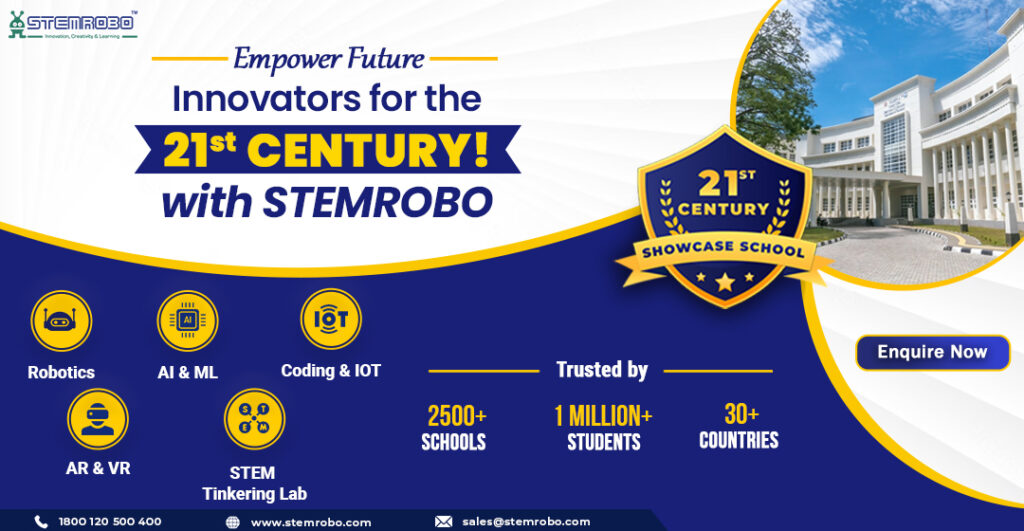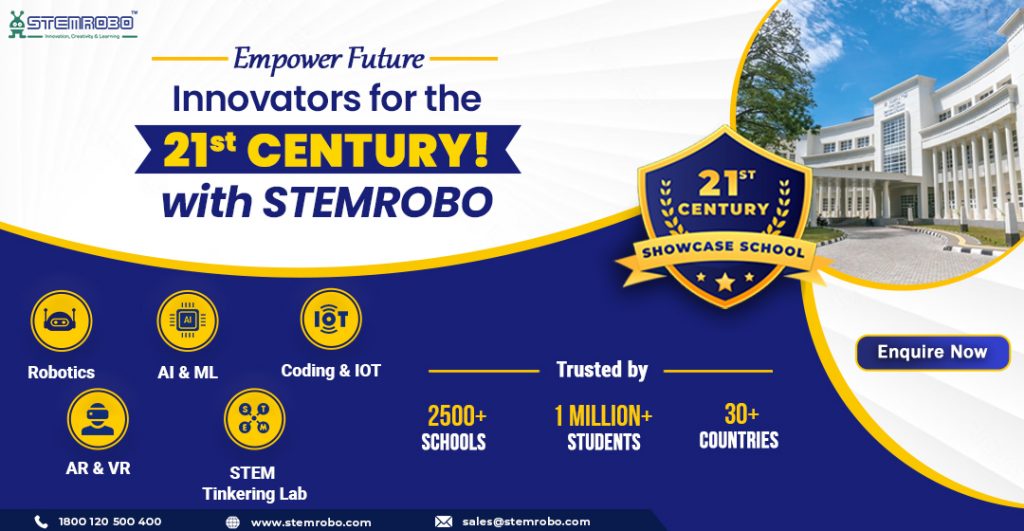21st Century Skills for Students and Teachers
The 21st century is a fast-changing world, and education is essential to preparing students for the opportunities and challenges which are waiting for them. More than traditional academic knowledge, practical knowledge is required so teachers as well as learners need to develop a wide range of skills that go beyond the boundaries of traditional schools. These skills are also known as 21st-century skills for students and teachers. The capacity to think critically and solve complex problems has become crucial in this competitive environment. The ability to analyze is necessary for students to understand complex questions and concepts and reach accurate opinions. Teachers are important in creating an atmosphere where students are challenged to solve practical problems and are encouraged to be creative. This helps children get ready for a future in which problem-solving and versatility will be necessary. The basic building block of success in the 21st century is effective communication which comes under 21st-century skills for teachers & Students. Students must improve their ability to communicate verbally and in writing, as well as their capacity to work in different teams. To foster successful communication, teachers must take the initiative to create a collaborative classroom climate where students are allowed to express their viewpoints, listen carefully to one another, and collaborate to achieve mutual goals. Teamwork and group activities can improve these abilities by giving students real-world experiences and encouraging them to become future innovators and creators. 21st-century skills for students and teachers becomes essential for both students and teachers in today’s tech-driven environment. Students must learn how to think creatively, think beyond the box, and approach problems with an open mind. Teachers need to foster an environment in the classroom where creativity is valued and where students are encouraged to explore, experiment, and come up with unique ideas. The integration of VR Lab (Virtual Reality), AR (Augmented Reality), design thinking, and project-based learning within the curriculum may stimulate students’ creativity and help them view challenges as chances for innovation. If a student wants success in their educational journey as well as in their careers, then they should have the ability to adapt to things in this digital world. Students must be skilled at using a variety of digital tools, platforms, and resources, and teachers should integrate technology into their lesson plans to understand 21st-century skills for students & Teachers. Introducing digital skills brings up new possibilities for personalized and diverse learning in addition to preparing students for the changing requirements of a global society that is becoming more digitally advanced and interconnected. To develop interesting and productive learning environments, educators might make use of interactive digital platforms, educational applications, and Internet resources which will help in learning 21st-century skills for students and teachers. Contribution of STEMROBO to nurture students around 21st Century Skills STEMROBO is one of the leading STEM Education Companies in India providing end-to-end solutions to K-12 students. We provide a wide variety of specialized labs and kits, including various online learning platforms that enable students to practice hands-on learning and acquire 21st-century skills for students and teachers. Our approach goes beyond the traditional system, as we primarily focus on connecting theoretical knowledge to real-world application, giving students an in-depth understanding of the subject and may also get the proper guidance for their future goals. Our platforms and kits are made to be able to meet the needs of children of all ages and grade levels. For example: we all must have heard about 3D printers, which can transform a computer design into physical (3-D) objects. We have also included 3D printers in our labs, but younger students of grades 1st, 2nd, or 3rd find it challenging or confusing to operate them properly. To solve this, we have created a 3D pen that simplifies hands-on learning for younger students Younger students may easily make 3D items with this 3D pen since it is very easy to handle. This makes their learning journey very interesting and exciting. Like this, we have many other tools and resources as well, through which students can study more effectively and acquire skills like critical thinking, logical thinking, and communication. When they participate in group activities, they will also learn how to work in a team and time management.
21st Century Skills for Students and Teachers Read More »






